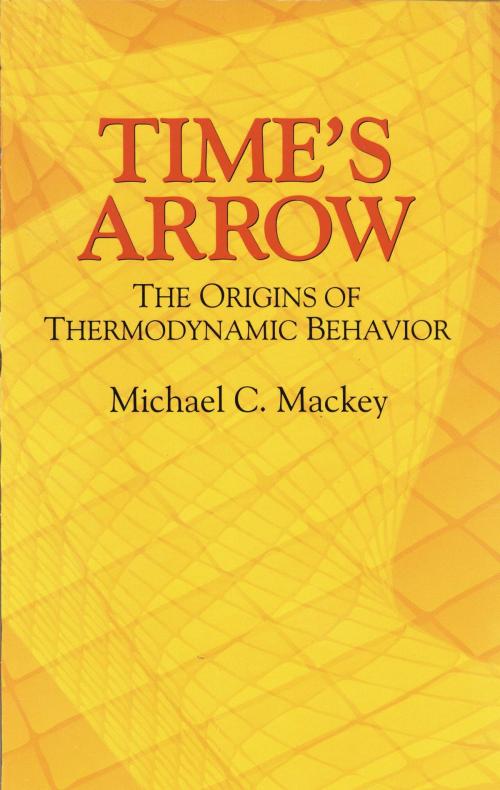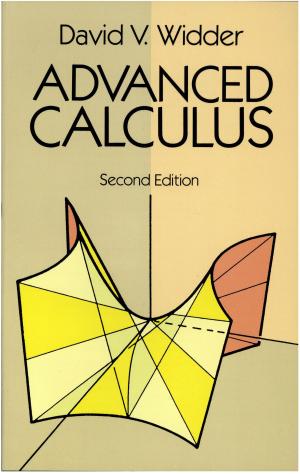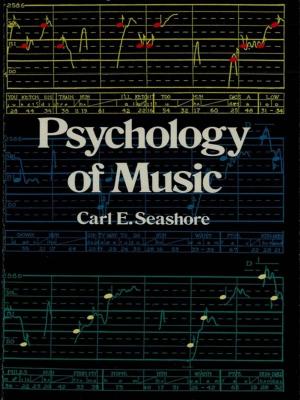Time's Arrow
The Origins of Thermodynamic Behavior
Nonfiction, Science & Nature, Science, Physics, General Physics| Author: | Michael C. Mackey | ISBN: | 9780486152257 |
| Publisher: | Dover Publications | Publication: | November 30, 2011 |
| Imprint: | Dover Publications | Language: | English |
| Author: | Michael C. Mackey |
| ISBN: | 9780486152257 |
| Publisher: | Dover Publications |
| Publication: | November 30, 2011 |
| Imprint: | Dover Publications |
| Language: | English |
Written by a well-known professor of physiology at McGill University, this text presents an informative exploration of the basis of the Second Law of Thermodynamics, detailing the fundamental dynamic properties behind the construction of statistical mechanics.
Topics include maximal entropy principles; invertible and noninvertible systems; ergodicity and unique equilibria; asymptotic periodicity and entropy evolution; and open discrete and continuous time systems. The author demonstrates that the black body radiation law can be deduced from maximal entropy principles; discusses sufficient conditions for the existence of at least one state of thermodynamic equilibrium; describes the behavior of entropy in asymptotically periodic systems and the necessary and sufficient condition for the evolution of entropy to a global maximum; and presents the three main types of ergodic theorems and theory proofs. He also explores the potential of incomplete knowledge of dynamical variables, measurement imprecision, and the effects of noise in entropy increases.
Geared toward physicists and applied mathematicians with an interest in the foundations of statistical mechanics, this text is suitable for advanced undergraduate and graduate courses.
Written by a well-known professor of physiology at McGill University, this text presents an informative exploration of the basis of the Second Law of Thermodynamics, detailing the fundamental dynamic properties behind the construction of statistical mechanics.
Topics include maximal entropy principles; invertible and noninvertible systems; ergodicity and unique equilibria; asymptotic periodicity and entropy evolution; and open discrete and continuous time systems. The author demonstrates that the black body radiation law can be deduced from maximal entropy principles; discusses sufficient conditions for the existence of at least one state of thermodynamic equilibrium; describes the behavior of entropy in asymptotically periodic systems and the necessary and sufficient condition for the evolution of entropy to a global maximum; and presents the three main types of ergodic theorems and theory proofs. He also explores the potential of incomplete knowledge of dynamical variables, measurement imprecision, and the effects of noise in entropy increases.
Geared toward physicists and applied mathematicians with an interest in the foundations of statistical mechanics, this text is suitable for advanced undergraduate and graduate courses.















